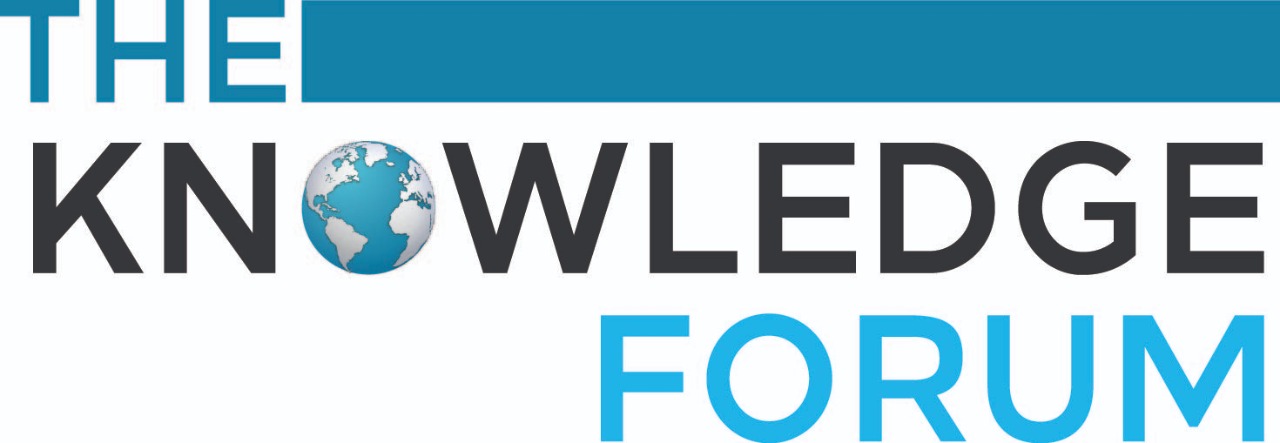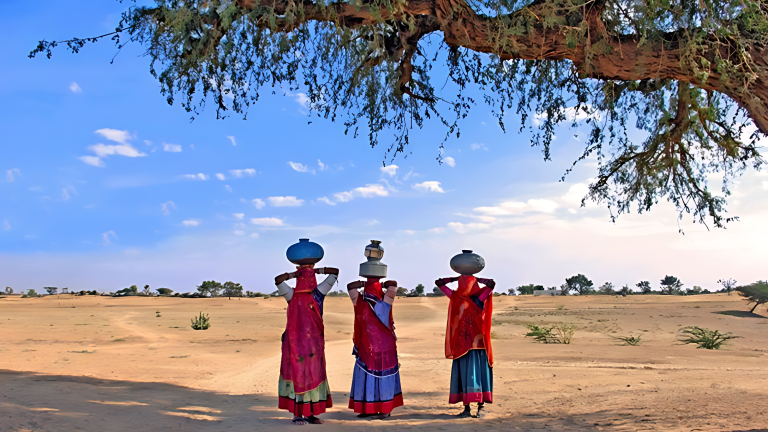Jack Donnelly, a prominent Human Rights Expert and Academic writes in his book “Universal Human Rights: Theory and Practice” human rights are literally the rights that one has simply because one is a human being. He further writes that human rights are not abstract values. These are the rights, particular social practices to realize those values.
After Universal Declaration of Human Rights (1948), International Human Rights Regime has expanded significantly covering a wide range of rights in the areas of Civil and Political Rights and Economic, Social and Cultural Rights. United Nations has developed a legal and institutional framework in the areas of aforementioned human rights. In addition to Human Rights Council, There are 9 core international human rights instruments of United Nations and each of them has a committee to monitor the compliance and collect the reports from State parties. Some of the treaties have developed individual complaint procedures. Also, there are UN special rapporteurs.
Pakistan is party to 7 out of 9 core international human rights instruments which include :
1)International Convention on the Elimination of All Forms of Racial Discrimination ratified in 1957;
2) International Convention on the Elimination of All Forms of Racial Discrimination ratified in 1966;
3) International Covenant on Civil and Political Rights ratified in 2010;
4) International Covenant on Economic, Social and Cultural Rights ratified in 2008;
5) Convention on the Elimination of All Forms of Discrimination against Women ratified in 1996;
6) Convention against Torture and other Cruel, Inhuman or Degrading Treatment or Punishment ratified in in 2010 and;
7) Convention on the Rights of the Child ratified in 1990.However, Government of Pakistan has not accepted competence of individual complaint procedure under any treaty.
At national level, Pakistan has established constitutional, legal, policy and institutional framework on human rights. The Chapter on Fundamental Rights in the Constitution of Pakistan guarantees a set of human rights mainly in the areas of Civil and Political Rights and Economic, Social and Cultural Rights. However, there is a critique that most of these rights are accompanied with “clawback” clauses. Furthermore, a range of special laws promulgated at federal and provincial level on the rights of children, women, religious minorities and transgender add to the increasing human rights regime in Pakistan.
At institutional and policy level, significant measures include Federal and Provincial Ministries on Human Rights, Human Rights Policies,Treaty Implementation Cells, District Level Human Rights Committees in some districts in Punjab and Khyber Pakhtunkhwa,Action Plan for Human Rights by Federal Ministry on Human Rights; National Human Rights Institutes (NHRIs) such as National Commission for Human Rights established under National Commission for Human Rights Act 2012; National Commission on Status of Women established under National Commission on Status of Women Act 2012; Sindh Human Rights Commission established under the Sindh Protection Of Human Rights Act, 2011; The Sindh Commission on the Status of Women established under the Sindh Commission on the Status of Women Act, 2015; The Punjab Commission on the Status of Women established under the Punjab Commission on the Status of Women Act 2014; The Khyber Pakhtunkhwa Commission on the Status of Women established under the Khyber Pakhtunkhwa Commission on the Status of Women Act 2016.
However, there is a critique on the Commissions on the ground that they do not qualify on the six Paris Principles which require Commissions to meet:
1) Mandate and competence: a broad mandate, based on universal human rights norms and standards;
2) Autonomy from Government;
3) Independence guaranteed by statute or Constitution;
4) Pluralism;
5) Adequate resources; and
6) Adequate powers of investigation.
Notwithstanding existing constitutional, legal, policy and institutional mechanism at federal and provincial level on human rights, the country face a range of human rights issues which include, but are not limited to, shrinking civic spaces for freedom of expressionand association including restrictions against media and I/GOs,enforced disappearances, increasing violence against girls and women; increasing incidents of sexual assault including rape, increasing violence against transgender, shrinking space for freedom of religion, shrinking interfaith harmony, widely prevailing child and forced labor and widely prevailing hunger affecting right to life.
Now the question remains that how human rights situation can be improved in the country. In this regards, I propose steps:
To ratify International Convention for the Protection of All Persons from Enforced Disappearance and to criminalize enforced disappearance at national level.
To conduct Human Rights and Inter-faith Harmony education programs including incorporation of Human Rights in the curricula.
To setup or strengthen the role of district level human rights committees throughout the country, as the case may be, and provide them sufficient economic and financial resources.
To train the institutions of criminal justice system including police and judiciary on international human rights obligations of Pakistan.
To bring composition and function of NHRIs in line with Paris Principles through ensuring their autonomy from government, providing adequate resources including human resource and increasing their role in the investigation of human rights violations.
To resource Treaty Implementation Cells properly so that those could play an effective role in monitoring, coordinating, collecting and reporting progress on international human rights commitments.
To provide sufficient space and liberty to civil society organizations to operate and play their role in human rights promotion and development of the country.
To setup or strengthen the role of district level human rights committees throughout the country, as the case may be, and provide them sufficient economic and financial resources.
To train the institutions of criminal justice system including police and judiciary on international human rights obligations of Pakistan
by: Jameel Hussain Junejo
The writer is PhD scholar in Human Rights. He can be reached at jamilb4u@gmail.com



